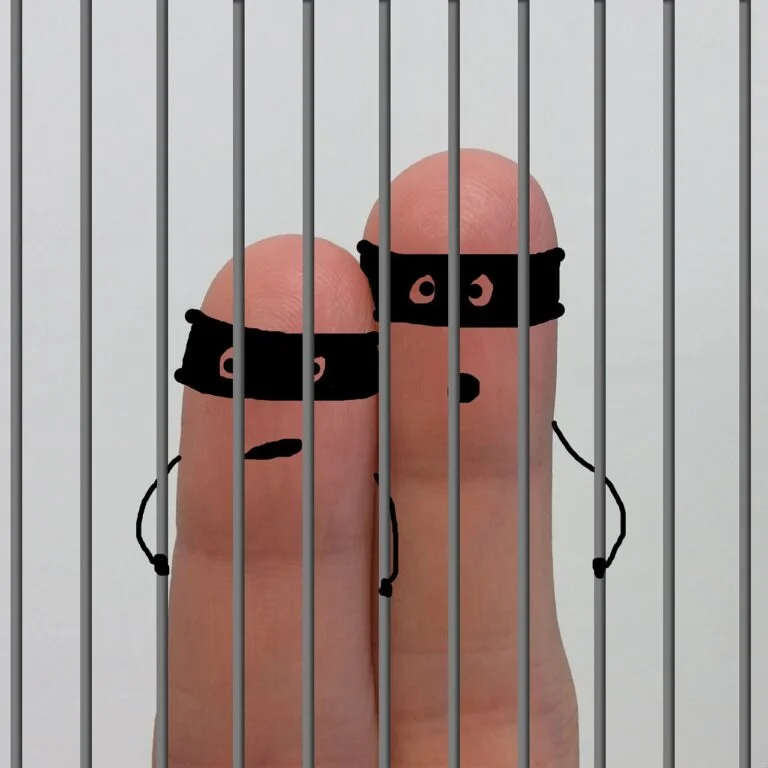Sentencias suspendidas y diferidas en Luisiana
Sentencias Suspendidas Y Diferidas En Luisiana Una condena por un delito menor o un delito grave en su historial puede suponer graves desventajas en la vida de una persona, ya que una condena aparecería en cualquier comprobación de antecedentes realizada a su nombre. Por lo general, una condena puede limitar la capacidad de una persona para obtener determinadas licencias, acceder a un puesto de trabajo, tener oportunidades de vivienda o recibir asistencia pública. Por muy desafortunado que sea, las condenas suelen estar asociadas a un particular estigma social. Por lo tanto, puede ser valioso para un individuo tener su delito menor, delito grave, o la condena por DUI/DWI aplazada o suspendida y, posiblemente, eventualmente obtener la desestimación, si es posible, en virtud de los artículos 893 y 894. ¿Qué Es El Artículo 893 Del Procedimiento Penal De Luisiana? El artículo 893 del Código de Procedimiento Penal de Luisiana se aplica únicamente a las condenas por primer delito. En virtud de este artículo, un acusado de un delito grave que se declare culpable puede hacer que su condena sea anulada y desestimada para evitar el tiempo de prisión. En lugar de cumplir una condena en prisión, una persona condenada por un delito grave será puesta bajo la supervisión de la libertad condicional y la libertad vigilada durante al menos un año pero no más de tres, excepto en los programas que se comentan a continuación. ¿Existen Excepciones Al Límite De Tres Años De Libertad Condicional En Virtud Del Artículo 893? Sí, Los Hay. Una excepción al límite de tres años es si el tribunal determina que la finalización con éxito de uno de los programas que se enumeran a continuación puede requerir un período de libertad condicional que supere el límite de tres años, pero no más de ocho. Rehabilitaciónn de drogas del tribunal de distrito Programa establecido del tribunal de conducción en estado de embriaguez o del tribunal de sobriedad Programa del Tribunal de Salud Mental Programa del Tribunal de Veteranos Programa del Tribunal de Reintegración Programa Piloto de Libertad Condicional Rápida y Cierta Otra excepción es si el acusado no ha cumplido los términos y condiciones de su libertad condicional. En tales circunstancias, el tribunal puede prorrogar el periodo de prueba si no supera los dos años. ¿Quién Puede Obtener La Suspensión O El Aplazamiento De Una Condena Por Delito Grave En Virtud Del Artículo 893? En Virtud Del Artículo 893, Sólo Los Cargos Por Delitos No Violentos Y Delitos No Capitales Pueden Ser Aplazados O Suspendidos. Además, el artículo 893 sólo permite suspender o aplazar las condenas por primer delito. Esto significa que si usted tiene una condena por un delito grave anterior, se consideraría inelegible para obtener su condena por delito grave actual diferida o suspendida. ¿Existe Un Límite A La Frecuencia Con La Que Un Acusado Puede Utilizar El Artículo 893? Sí, Lo Hay. De acuerdo con el artículo 893, los cargos por delitos graves de una persona puede ser suspendida o aplazada sólo una vez. ¿Qué Es El Artículo 894 Para Delitos Menores Y DUI/DWI En Luisiana? En virtud del artículo 894 del Procedimiento Penal de Luisiana, una persona acusada de DWI/DUI o de un delito menor, con ciertas excepciones, puede conseguir que se desestime su condena declarándose culpable del cargo y cumpliendo las condiciones de su libertad condicional. El artículo 894 también permite que la persona renuncie a cumplir la pena de cárcel si acepta estar en libertad condicional. Sin embargo, es importante tener en cuenta que el juez puede denegar la aplicación del artículo 894 si el individuo vuelve a ser detenido, es condenado por cualquier cargo durante la libertad condicional o no cumple la orden de libertad condicional. También se puede ordenar al individuo que pague toda la restitución y que cumpla con los demás términos de la libertad condicional que se le haya impuesto. Por otro lado, si el acusado ha completado la libertad condicional de acuerdo con la orden del tribunal, entonces el juez concederá la aplicación del artículo 894, anulará la condena y desestimará el caso contra el individuo. ¿Quién Es Elegible Para Tener Un Delito Menor O Condenas Por DWI/DUI Diferidas O Suspendidas Bajo El Artículo 894? Generalmente, la mayoría de los cargos por delitos menores y las condenas por DUI/DWI son elegibles para ser diferidos o suspendidos bajo el Artículo 894. Sin embargo, las siguientes excepciones no son elegibles: Abandono criminal de la familia Acecho Agresión o abuso doméstico Delitos sexuales ¿Quién Decide Si Un Individuo Puede Aplicar El Artículo 894 A Sus Cargos? Tal como se ha señalado anteriormente, la mayoría de los cargos por delitos menores y DWI/DUI son elegibles bajo el artículo 894. Sin embargo, estar cualificado no es una garantía que haga que el tribunal aplique el artículo 894. En cambio, la aplicación del artículo 894 en una acusación de delito menor o de DWI/DUI se basa únicamente en la discreción del juez. Al fin y al cabo, ninguna ley existente en Luisiana obliga a un juez a aplicar el artículo 894. Para decidir si aplica el artículo 894 en un caso concreto, el juez utiliza varios factores, que pueden incluir, entre otros, la naturaleza del delito, los hechos y las circunstancias que rodean la acusación, o si el acusado tiene detenciones y condenas anteriores o pendientes. ¿Existen Límites En El Uso Del Artículo 894 Para Delitos Menores Y Cargos De DUI/DWI? Sí, La Aplicación Del Artículo 894 Tiene Sus Límites. Por lo general, una persona está limitada a conseguir el aplazamiento o la suspensión de sus condenas por delitos menores en virtud del artículo 894 una vez cada cinco años. En comparación, el artículo 894 sólo puede aplicarse a las condenas por DUI/DWI cada diez años. ¿Pueden Estos Cargos Ser Desestimados Después Del Período De Libertad Condicional En Virtud Del Artículo 893 O 894? Probablemente. Una vez completada la libertad condicional, el tribunal puede anular la condena y desestimar los cargos del individuo. Un delito menor, DUI/DWI, o un cargo de


